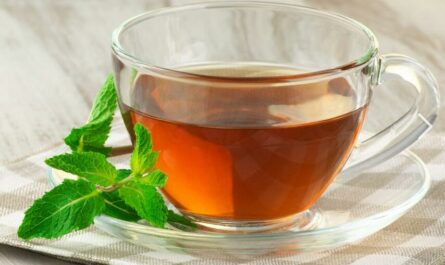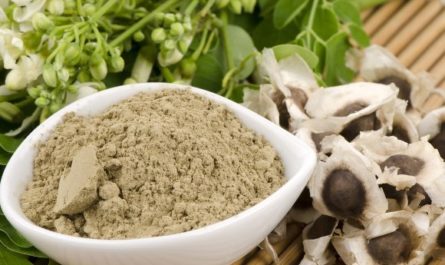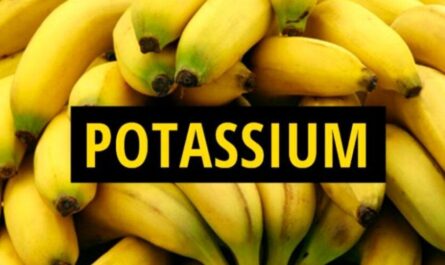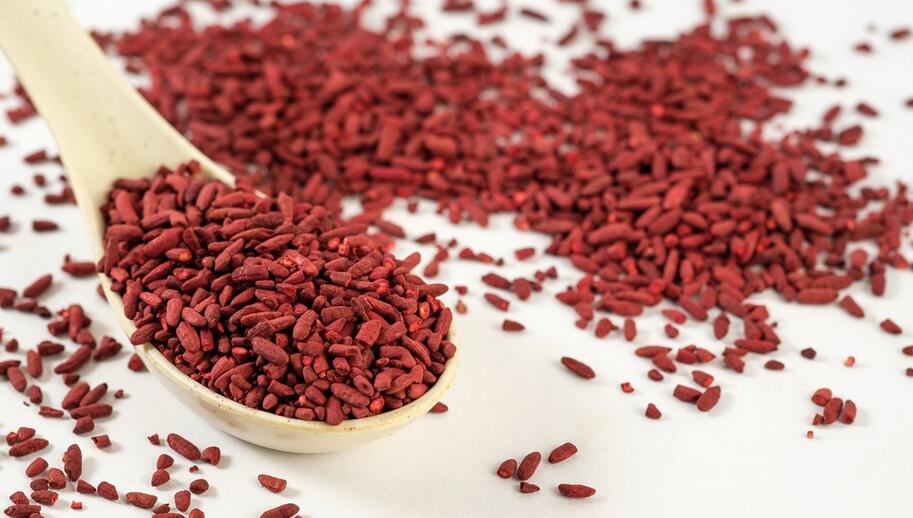Oolong tea is a traditional Chinese tea that has gained popularity around the world for its numerous health benefits. This semi-oxidized tea falls between green and black tea, offering a wide range of health-promoting properties. From boosting metabolism to improving heart health, oolong tea has been praised for its remarkable effects on overall well-being. In this article, we will explore 16 amazing health benefits of oolong tea.
What is Oolong Tea?
Oolong tea, also known as Wulong tea, is a traditional Chinese tea that falls between green and black tea in terms of oxidation. It is made from the leaves of the Camellia sinensis plant, the same plant that produces other types of tea. What sets oolong tea apart is the unique processing method it undergoes.
The process of making oolong tea involves withering the tea leaves under the sun and then allowing them to oxidize partially before being curled or twisted. This partial oxidation gives oolong tea its distinct flavor and aroma profile. This can range from floral and fruity to toasty and nutty.
Oolong tea leaves can vary in appearance, from tightly rolled to open and expansive. The color of the brewed tea can also vary, ranging from pale yellow to deep amber.
Nutrition Facts of Oolong Tea
Oolong tea is not only a delicious beverage but also a source of several important nutrients. Here are the nutrition facts of oolong tea based on an 8-ounce (240 ml) serving:
- Calories: Oolong tea is a low-calorie beverage, containing approximately 2 calories per serving.
- Carbohydrates: Oolong tea contains minimal carbohydrates, with less than 1 gram per serving.
- Fat: Oolong tea is virtually fat-free, with less than 0.1 grams per serving.
- Protein: Oolong tea is not a significant source of protein, with less than 0.5 grams per serving.
- Caffeine: Oolong tea contains caffeine, with an average of 37 milligrams per serving. The caffeine content may vary depending on the brewing method and tea leaves used.
In addition to these macronutrients, oolong tea also provides various micronutrients and antioxidants. It contains vitamins and minerals such as potassium, calcium, manganese, magnesium, and niacin.
Furthermore, oolong tea is rich in polyphenols. These are powerful antioxidants that help protect the body against oxidative stress and reduce the risk of chronic diseases.
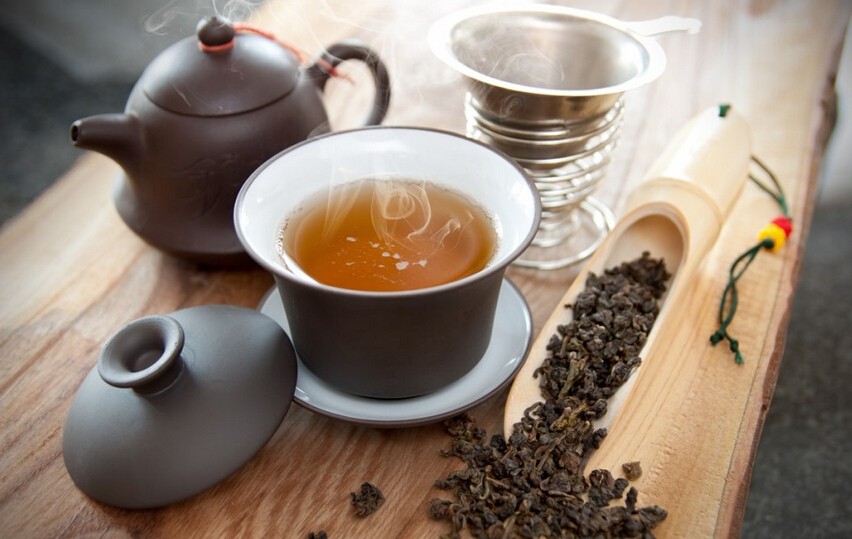
16 Amazing Health Benefits of Oolong(Wulong) Tea
1. Rich in Antioxidants
Oolong tea is packed with antioxidants, which help protect your cells from damage caused by free radicals. These antioxidants, including theaflavins, thearubigins, and EGCG, may help reduce the risk of chronic diseases such as heart disease, cancer, and diabetes.
The polyphenols found in oolong tea, particularly catechins and flavonoids. They are powerful antioxidants that can help neutralize harmful free radicals in the body.
Free radicals are unstable molecules that can damage cells and contribute to the development of various health problems. By regularly consuming oolong tea, you can help boost your body’s antioxidant defenses and protect your cells from oxidative stress.
2. Supports Heart Health
Studies suggest that regular consumption of oolong tea may help lower the risk of heart disease. The antioxidants in oolong tea can help reduce inflammation, lower blood pressure, and improve cholesterol levels.
Oolong tea can also help reduce the risk of atherosclerosis. The antioxidants in oolong tea can help prevent the oxidation of LDL cholesterol. Additionally, oolong tea may help improve the function of blood vessels, promoting better circulation and reducing the risk of heart disease.
3. Aids Weight Loss
Oolong tea may be an effective tool for weight loss. Research indicates that the combination of caffeine and polyphenols in oolong tea can boost metabolism and increase fat burning. This can lead to reduced body fat and weight loss.
One study found that participants who consumed oolong tea daily for six weeks experienced significant reductions in body weight, body fat, and waist circumference. Besides, the catechins in oolong tea may help inhibit the absorption of dietary fat and increase fat oxidation.
4. Improves Brain Function
The caffeine and L-theanine found in oolong tea can help improve brain function, including attention, memory, and overall cognitive performance. These compounds work together to enhance mood, reduce stress, and promote relaxation.
L-theanine, an amino acid found in oolong tea, has a calming effect on the brain, helping to reduce anxiety and promote a sense of relaxation. At the same time, the caffeine in oolong tea can help improve alertness and concentration. This makes it an excellent beverage for boosting mental performance.

5. Helps Manage Type 2 Diabetes
Oolong tea may be beneficial for people with type 2 diabetes. Studies have shown that oolong tea can help improve insulin sensitivity, reduce blood sugar levels, and decrease the risk of diabetes-related complications.
The polyphenols in oolong tea, particularly EGCG, have been shown to help improve glucose metabolism and reduce insulin resistance. Regular consumption of oolong tea may help individuals with diabetes better manage their blood sugar levels. In addition, it can help reduce the risk of complications such as nerve damage, kidney disease, and cardiovascular problems.
6. Promotes Bone Health
The antioxidants in oolong tea, particularly EGCG, may help maintain bone mineral density and reduce the risk of osteoporosis. Regular consumption of oolong tea has been associated with higher bone mineral density in older adults.
Oolong tea contains fluoride, which is essential for maintaining strong bones and teeth. Fluoride helps promote the remineralization of tooth enamel and can help prevent the development of cavities.
Additionally, the antioxidants in oolong tea may help reduce inflammation in the body. These can contribute to the development of osteoporosis and other bone-related disorders.
7. Boosts Immune System
Oolong tea contains various vitamins, minerals, and antioxidants that can help strengthen the immune system. These compounds work together to protect the body against harmful pathogens and reduce the risk of infections.
The polyphenols in oolong tea have been shown to have antimicrobial properties, helping to inhibit the growth of harmful bacteria and viruses.
Additionally, the antioxidants in oolong tea can help support the function of immune cells. This can enhance the body’s natural defense mechanisms against disease.
8. Improves Skin Health
The antioxidants in oolong tea can help protect the skin from damage caused by UV radiation and environmental pollutants. Regular consumption of oolong tea may help reduce the appearance of wrinkles and improve skin elasticity.
Oolong tea contains polyphenols that can help protect the skin from oxidative stress. It is a major contributor to premature aging and skin damage. These antioxidants can help neutralize harmful free radicals and reduce inflammation in the skin.

9. Reduces Stress and Anxiety
The L-theanine found in oolong tea has been shown to promote relaxation and reduce stress and anxiety. This amino acid can help increase the production of calming brain chemicals like serotonin and dopamine. This can help improve mood and reduce stress levels.
Studies have found that L-theanine can help reduce the physiological and psychological responses to stress. By regularly consuming oolong tea, you may be able to better manage stress and maintain a more relaxed state of mind.
10. May Help Prevent Cancer
Some studies suggest that the antioxidants in oolong tea may help prevent the development and progression of various types of cancer, including breast, colon, and skin cancer. These antioxidants can help neutralize harmful free radicals and reduce inflammation.
The polyphenols in oolong tea, particularly EGCG, have anti-cancer properties. It can help to inhibit the growth and spread of cancer cells.
While more research is needed to fully understand the potential cancer-preventive effects of oolong tea, it may offer some protection against certain types of cancer.
11. Supports Digestive Health
Oolong tea may help improve digestive health by promoting the growth of beneficial gut bacteria and reducing inflammation in the digestive tract. The polyphenols in oolong tea can also help alleviate symptoms of digestive disorders like inflammatory bowel disease.
Oolong tea has been traditionally used to aid digestion and relieve symptoms such as bloating, gas, and indigestion.
The antioxidants in oolong tea can help reduce inflammation in the gut. Additionally, oolong tea may help stimulate the production of digestive enzymes. This can improve the body’s ability to break down and absorb nutrients from food.
12. Enhances Oral Health
The antibacterial properties of oolong tea may help improve oral health by reducing the risk of tooth decay and gum disease. The fluoride content in oolong tea can also help strengthen tooth enamel and prevent cavities.
Studies have found that the polyphenols in oolong tea can help inhibit the growth of bacteria that contribute to tooth decay and gum disease.
By regularly consuming oolong tea, you may be able to maintain a healthier oral environment. This can help reduce your risk of developing dental problems.
13. May Help Lower Blood Pressure
Regular consumption of oolong tea may help lower blood pressure levels, reducing the risk of hypertension. The antioxidants in oolong tea can help improve blood vessel function and reduce inflammation.
Studies have found that individuals who regularly consume oolong tea have a lower risk of developing hypertension. The polyphenols in oolong tea may help relax blood vessels and improve their ability to dilate. This can lead to better blood flow and reduced blood pressure.
14. Supports Healthy Aging
The antioxidants in oolong tea may help slow aging and reduce the risk of age-related diseases. These compounds can help protect cells from oxidative damage, promote healthy skin, and support overall longevity.
Oolong tea contains a variety of antioxidants, including catechins, flavonoids, and thearubigins. It has been shown to have anti-aging properties.
These compounds can help protect cells from damage caused by free radicals. By regularly consuming oolong tea, you may be able to maintain a more youthful appearance.
15. Aids in Detoxification
Oolong tea may help support the body’s natural detoxification processes by promoting the elimination of harmful toxins and waste products. The antioxidants in oolong tea can help protect the liver and other detoxification organs from damage caused by toxins.
The polyphenols in oolong tea have been shown to help stimulate the production of detoxification enzymes in the body. Additionally, the mild diuretic properties of oolong tea can help promote the excretion of toxins through urine.
16. Versatile and Delicious
In addition to its numerous health benefits, oolong tea is also a versatile and delicious beverage that can be enjoyed hot or cold. With its unique flavor profile and aromatic qualities, oolong tea can be a satisfying and healthy alternative to sugary drinks.
Oolong tea comes in a wide range of varieties, each with its own distinct flavor and aroma. Some oolong teas are lightly oxidized, resulting in a more delicate, floral flavor.
Others are more heavily oxidized, offering a bolder, more robust taste. This versatility makes oolong tea a great choice for tea lovers looking to explore new flavors and find their perfect cup.
Side Effects and Precautions
While Oolong tea is generally safe for consumption and offers numerous health benefits, it is important to be aware of potential side effects and take necessary precautions.
1. Caffeine Sensitivity
Oolong tea contains caffeine, which can cause side effects such as nervousness, restlessness, increased heart rate, and difficulty sleeping in individuals who are sensitive to caffeine. It is advisable to limit consumption or opt for decaffeinated versions if you are caffeine-sensitive.
2. Stomach Issues
Oolong tea may cause digestive issues such as stomach upset, acid reflux, or diarrhea in some individuals. If you have a history of gastrointestinal problems, it is recommended to consume oolong tea in moderation.
3. Interference with Medications
Oolong tea may interact with certain medications, including blood thinners, antiplatelet drugs, anticoagulants, and medications for heart conditions. It is crucial to consult with your healthcare provider if you are on any medications to avoid any potential drug interactions.
4. Pregnancy and Breastfeeding
Pregnant or breastfeeding women should exercise caution when consuming oolong tea. While moderate consumption is generally considered safe, excessive intake may lead to complications. It is advisable to consult a healthcare professional before including oolong tea in your routine.
5. Allergic Reactions
Some individuals may have allergies to tea leaves or certain compounds present in oolong tea. If you experience symptoms like itching, hives, swelling, or difficulty breathing after consuming oolong tea, discontinue its use immediately.
6. Oxalate Content
Oolong tea contains oxalates, which can contribute to the formation of kidney stones in susceptible individuals. If you have a history of kidney stones or are at risk, it is recommended to limit your intake of oolong tea.

